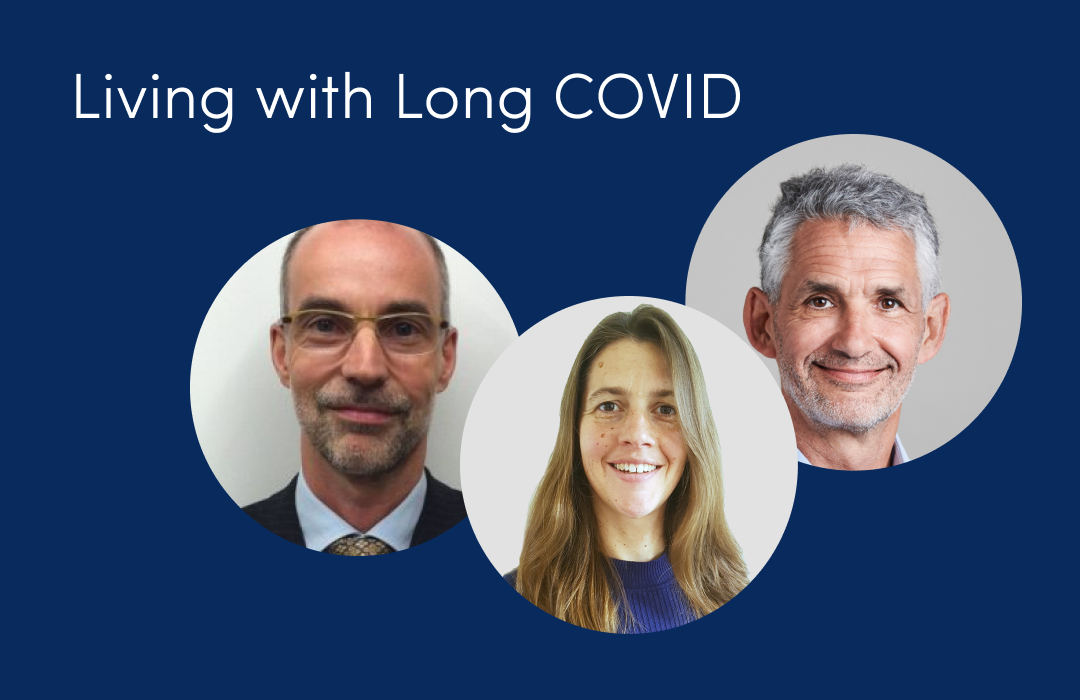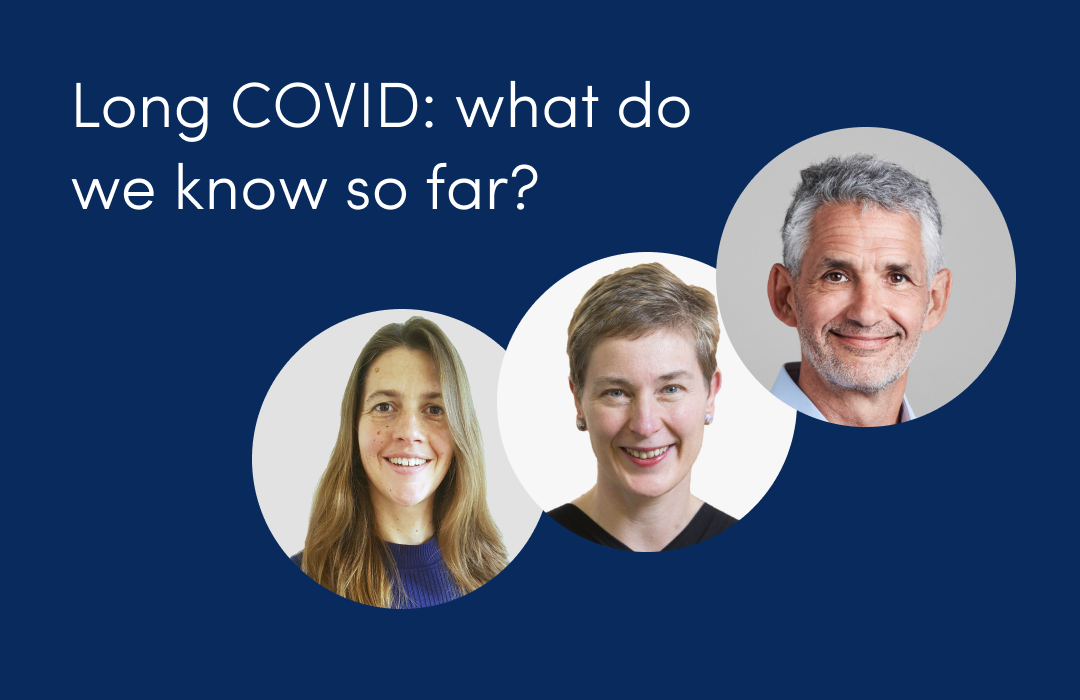
Should I still wear a mask?
August 5, 2021

This article has not been updated recently
- What are the rules about masks?
- Do masks work to protect against COVID-19?
- Why should I still wear a mask?
- Why is mask-wearing now a personal choice?
On July 19th the Government removed the legal requirement to wear a face covering indoors and on public transport in England, along with many of the remaining restrictions that had been brought in to control the spread of COVID-19.
Since then, there’s been debate about whether people should continue to wear masks despite it no longer being a legal requirement.
Here are your top questions on COVID face masks:
What are the rules about masks?
Despite lifting the legal requirement to wear a mask in England, the government still recommends wearing face coverings in crowded and enclosed spaces where you come into contact with people you don’t normally meet.
Masks are still compulsory on some forms of public transport, including those operated by Transport for London. Some businesses are also asking that customers wear masks, including many supermarkets and major retailers.
It’s important to note that although the laws about wearing masks have been lifted in England, masks are still legally required in most indoor settings in Wales, Scotland, and Northern Ireland.
Do masks work to protect against COVID-19?
Wearing facemasks reduces both your risk of catching COVID and the chance that you will pass it on to other people.
A study involving more than 300,000 people showed that wearing face coverings reduces transmission within communities, in combination with physical distancing.
Data from our US ZOE COVID Study app contributors also shows that wearing a mask reduces your risk of catching COVID-19 by over 60%.
And our study of health workers early in the pandemic showed that those without proper personal protective equipment were five times more likely to get infected.
In short, wearing a mask protects you and the people around you.
Why should we still wear masks?
Despite the lifting of restrictions and a return to relative normality, there are still tens of thousands of new cases every day, according to our data.
Thankfully, vaccines have successfully weakened the link between the number of cases and hospitalisations and deaths, with fewer people getting seriously ill with COVID-19.
However, there’s still a risk of becoming infected, even if you’ve been double-jabbed. Although you’re unlikely to become seriously ill, you can still pass the virus on to others who are unvaccinated or less well protected by vaccination, such as cancer patients or transplant recipients.
Unfortunately, the Delta variant means that transmission is now easier than ever, and even a tiny droplet containing the virus can cause infection.
As long as it’s properly worn, a mask helps to prevent you from breathing in airborne droplets from those around you, reducing the risk of catching the virus. It also helps protect others from whatever you’re breathing out, especially if you’re infected without knowing.
By cutting infections and transmission, we can protect unvaccinated and vulnerable people, as well as reducing the number of people developing long COVID.
COVID-19 transmission is easiest in crowded, indoor areas, which is why we recommend wearing a mask in these situations, even if you have had both of your vaccines.
Why is mask-wearing now a personal choice?
Masks have been a controversial subject since the start of the pandemic.
Many people have quickly become used to wearing masks in public spaces, particularly medical staff who were already used to wearing them to control the risk of infections before the pandemic. But others find them uncomfortable or difficult to wear, especially for long periods.
As we move closer to normality, the government is encouraging people to exercise their common sense and personal responsibility, rather than enforcing mask-wearing by law. A recent survey has shown that 95% of us are still wearing masks.
People have also asked whether there’s any point in wearing a mask if everyone around you is unmasked.
If you are comfortable wearing your mask, we recommend doing so in crowded indoor settings, even if the people around you can’t be convinced to do the same. Even one mask in a group of people can reduce the risk of COVID spreading, protecting yourself and others.
Your symptom data is helping us track the effects of changing restrictions, so it’s more important than ever that you continue to log into the app and complete your daily health reports.
Your contributions to the ZOE COVID Study over the past year have been crucial in helping us understand the pandemic and are still just as vital as we start opening up again.
Stay safe and keep logging.












.png)


.jpg)














.png)







%202.png)
.png)

















.png)




%20(1).png)


